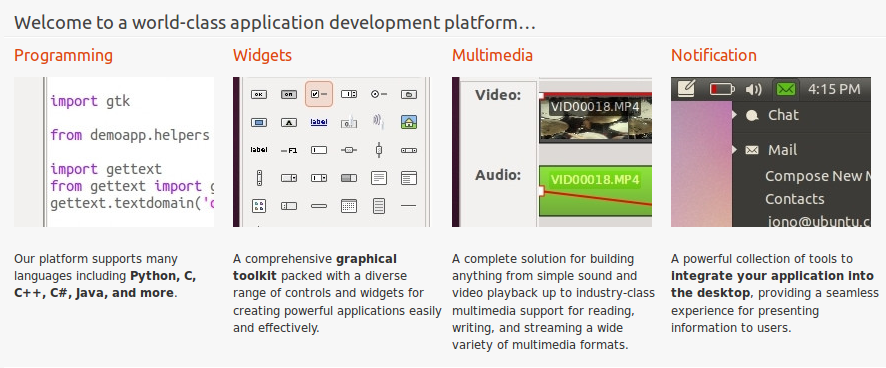Ubuntu announced its 8.04 Desktop release almost 36 months ago, on April 24, 2008. For the LTS Desktop releases, Ubuntu committed to ongoing security and critical fixes for a period of 36 months. The support period is now nearing its end and Ubuntu 8.04 Desktop will reach end of life on Thursday, May 12, 2011. At that time, Ubuntu Security Notices will no longer include information or updated packages for Ubuntu 8.04 Desktop.
The supported upgrade path from Ubuntu 8.04 Desktop is via Ubuntu 10.04 Desktop. Instructions and caveats for the upgrade may be found at https://help.ubuntu.com/community/LucidUpgrades. Ubuntu 8.04 Server continues to be actively supported with security updates and select high-impact bug fixes. All announcements of official security updates for Ubuntu releases are sent to the ubuntu-security-announce mailing list, information about which may be found at https://lists.ubuntu.com/mailman/listinfo/ubuntu-security-announce.
Since its launch in October 2004 Ubuntu has become one of the most highly regarded Linux distributions with millions of users in homes, schools, businesses and governments around the world. Ubuntu is Open Source software, costs nothing to download, and users are free to customise or alter their software in order to meet their needs.
Originally sent to the ubuntu-announce mailing list by Kate Stewart on Mon Apr 11 17:13:13 UTC 2011
